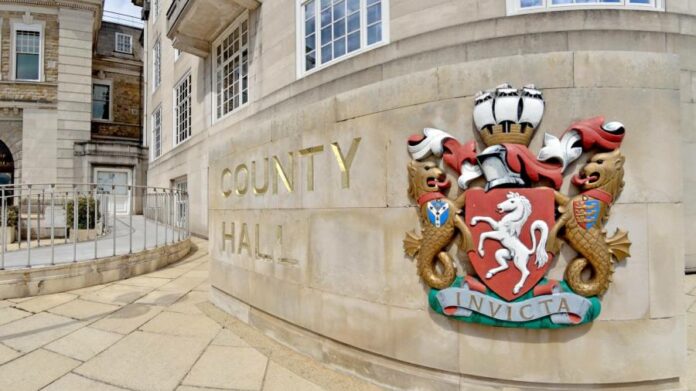Local authorities will have the cap on the level of council tax rises eased as a growing number of them struggle to remain financially viable in the face of soaring inflation and rising demand for services.
Chancellor Jeremy Hunt will use the Autumn Statement on Thursday to give local authorities the right to raise council tax by a maximum of 4.99 per cent from 2.99 per cent before having to put the increase to a local referendum, according to people familiar with the plan. This would include a 1 per cent levy for social care.
Cash-strapped local authorities, already hit by a 37 per cent cut in central government grants since austerity measures were introduced in 2010, are increasingly struggling in the high-inflation environment.
If taken up in full by local authorities, a 4.99 per cent rise would increase the average bill for a typical family home, covered by council tax band D, to more than £2,000, exacerbating the cost of living crisis for millions of households.
But the Local Government Association warned that the scale of funding gaps faced by councils is too big to be plugged by council tax increases. It said if councils were to use tax-raising powers alone they would need to push through a 20 per cent increase over the next two years, which was neither “desirable nor sustainable”.
“While council tax is an important funding stream, it has never been the solution to the long-term pressures facing councils,” said James Jamieson, chair of the LGA, warning that the financial sustainability of local services was now on a “cliff edge”.
The full rise in council taxes, if taken up by three-quarters of all councils, would raise around £2bn by 2026, said Phil Woolley, head of public sector consulting at Grant Thornton, the business and financial advisers, but this would still leave an overall financing gap of £5.3bn to £7bn in four years’ time.
The Treasury declined to comment on what it called “budget speculation.” The Autumn Statement is expected to herald sweeping tax increases and cuts to public expenditure as the chancellor seeks to fill what officials have described as an “eye-watering fiscal black hole”.
The expected relaxation of the rules to allow councils to push through a rise of just under 5 per cent would also deepen regional inequality as councils covering more affluent areas would raise more.
The leader of Manchester city council, Bev Craig, said every 1 percentage point rise she pushed through would raise £2mn, compared to £7mn in Kent, making the government’s plans “unsustainable and unfair”.
Jamieson agreed, adding: “It is clear that the government needs to come up with a long-term plan to manage this crisis. Inflation is not going to come down overnight; reserves can only be spent once; a local service cannot be cut twice.”
In a letter to prime minister Rishi Sunak, the leaders of two of the country’s largest Tory-run councils, Kent and Hampshire, underscored the gravity of the crisis. Both councils were “facing budget deficits over the next few years of a scale that has never been seen before”, Kent’s Roger Gough and Hampshire’s Rob Humby warned.
Without “immediate help and a clear plan for long term financial sustainability” they were likely to initiate section 114 notices, effectively declaring bankruptcy, “within the next year or so”, they said.
“The problem is simple: the additional money that we can raise from council tax and business rates barely covers the normal inflationary pressures that we face each year.”
Research by Grant Thornton last month found that one in six English councils will run out of money next year without additional income or further budget cuts.
Additional reporting by Jasmine Cameron-Chileshe and Jennifer Williams






